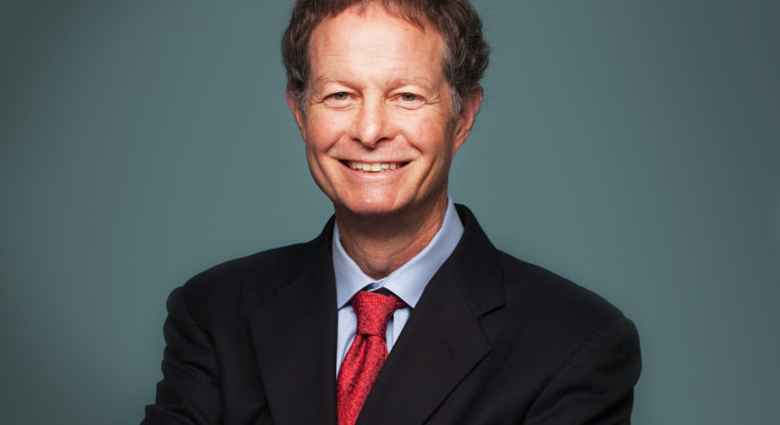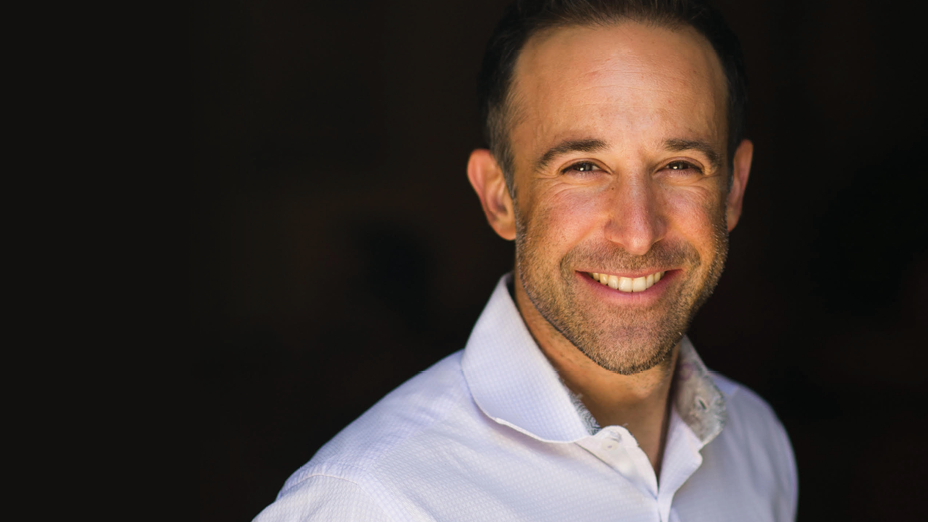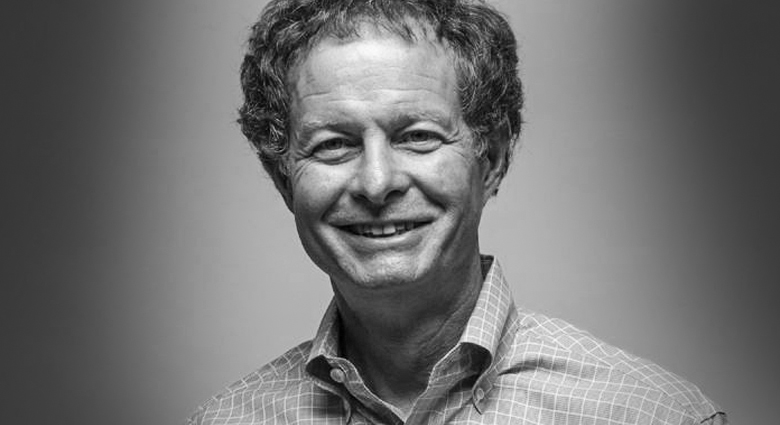How would you define The Art of Leadership and why is it important?
The Art of Leadership is in a sense what we describe in the book as “conscious leadership.” It has to start with purpose. Leaders must begin by asking existential questions such as “Why does our company exist? Why does it need to exist? Why would it be missed if it disappeared?” Conscious leaders have a passion to make a positive impact on the world through their organization and they use that passion to motivate and engage colleagues. They lead through developing and inspiring others to foster a culture of shared purpose and deeper meaning.
"Now more than ever people want to feel a deeper sense of purpose in their work."
Has the role of a leader changed over the past decade, and if so how has it changed?
More and more companies are starting to adopt the conscious capitalism business model and joining the ranks of successful companies like Southwest Airlines, The Container Store, Whole Foods Market and Nordstrom.
For a company to succeed in the future, the antiquated command-and-control approach to leadership that motivates with fear or uses “carrot and the stick” motivation must change. Now more than ever—especially with millennials—people want to feel a deeper sense of purpose in their work beyond just collecting a check. Leaders who mentor, inspire and help develop those around them reinforce the idea of shared purpose for all stakeholders, which ultimately results in higher productivity and success for everyone.
What are the tenets of Conscious Capitalism?
The four principles of Conscious Capitalism include higher purpose, a stakeholder orientation (working to create value for all of your company’s stakeholders), conscious leadership and conscious culture.
For 16 consecutive years, Whole Foods Market has been listed as one of the 100 Best Companies to Work For, how have those in leadership positions influenced this?
We have amazing team members and I think the reason behind that is pretty simple. We care about them and we express that sentiment in a variety of ways. We pay attention to their health, happiness and wellness and we support their efforts find their sense of purpose. We have a Whole Foods University, we offer our team members the opportunity to do total health immersion programs to improve their eating, fitness and lifestyle and we have a foundation dedicated to teaching conscious leadership practices.
We strive to create an egalitarian environment that encourages empowerment, creativity and collaboration. Examples include:
-
We have transparency on compensation.
-
We offer gain-sharing, which rewards teams based on productivity.
-
Teams actually vote new team members on the team after they have worked for several weeks. This helps promote creativity and ensure productivity among teams.
-
Everyone receives the same benefit offerings, which are voted into place by team members.
-
We offer tremendous growth opportunity. We have hundreds of examples of team members who started out in entry level jobs and are now in leadership positions, going from earning around $10 an hour initially to now making six figures in a leadership job.
How important is it for CEO's to have an online presence and how have you used these online platforms in your role?
I think it depends on the type of company. As part of a functioning democracy, I think it’s important for businesses to have a voice, and that includes CEOs and other business leaders. I’ve always been one to speak honestly and truthfully about issues that impact business because I view it as an opportunity to influence dialogue on important issues. People might not always like it, but I’m more concerned with being authentic and saying my truth.
How would you describe conscious leadership?
Conscious leaders combine analytical intelligence with high levels of emotional, spiritual and systems intelligence. They care deeply about the purpose of the company are acutely aware of service in helping their organizations realize its highest potential. They are not command-and-control leaders and do not use “carrots and sticks” to motivate people. Instead, they lead by example and mentor, motivate, develop and inspire those around them to foster a more conscious culture. Conscious leaders are generally servant leaders—they serve the higher purpose of the organization and try to consciously create more value for all of their major stakeholders.
Can you provide an overview of your hiring process and are there fundamental character traits you are looking for across the organization?
We have a decentralized company that’s organized into thousands of self-managing, interconnected teams, from entry level positions all the way up to the most senior executives. Everyone hired into our stores is hired on a provisional basis on a team for 30 to 90 days until they are officially voted on by their fellow team members. It requires a positive two-thirds vote to achieve actual "team member" status and to begin receiving full benefits. Each team is collectively rewarded based on their labor productivity, which encourages both individual and collective accountability because everyone has a shared fate. We’ve found that this creates a sense of solidarity and it also helps weed out people who don’t put much effort into their work—you may be able to fool one manager, but it’s pretty tough to fool an entire team.
How has Whole Foods Market evolved as a company and has it surpassed your expectations?
"Leaders who mentor, inspire and help develop those around them reinforce the idea of shared purpose."
Well, we’ve evolved from one small natural foods store in Austin, Texas into a $12 billion company with more than 77,000 team member and 346 stores in the U.S., Canada and the UK. Whole Foods Market is constantly evolving because consciousness is on a continuum, so we are always finding new ways to improve our business, the planet and society as a whole.
What accomplishments are you most proud of both personally and professionally?
I’m probably most proud of co-founding and helping to grow Whole Foods Market for over 32 years now. Professionally, there’s a lot of things we’ve done that have made a difference, so it’s hard to be succinct on this. Most of the examples relate directly to the values that give Whole Foods Market our higher purpose, so improving America’s health through healthy eating education would be one example that’s particularly important to me. Other examples include improving our agricultural systems, helping eradicate poverty through our Whole Planet Foundation and spreading the word about conscious capitalism. We believe in transparency and pushing ourselves to raise the bar for industry standards—our animal welfare standards and the elimination of red-rated seafood are two recent examples of those efforts. Personally, I’m really proud to have written this book with my co-author, Raj Sisodia. I’m also proud of my long distance hiking accomplishments including hiking the entire Appalachian Trail (twice) and the Pacific Crest Trail.





.png)

%20(1).png)


What Did You Think?